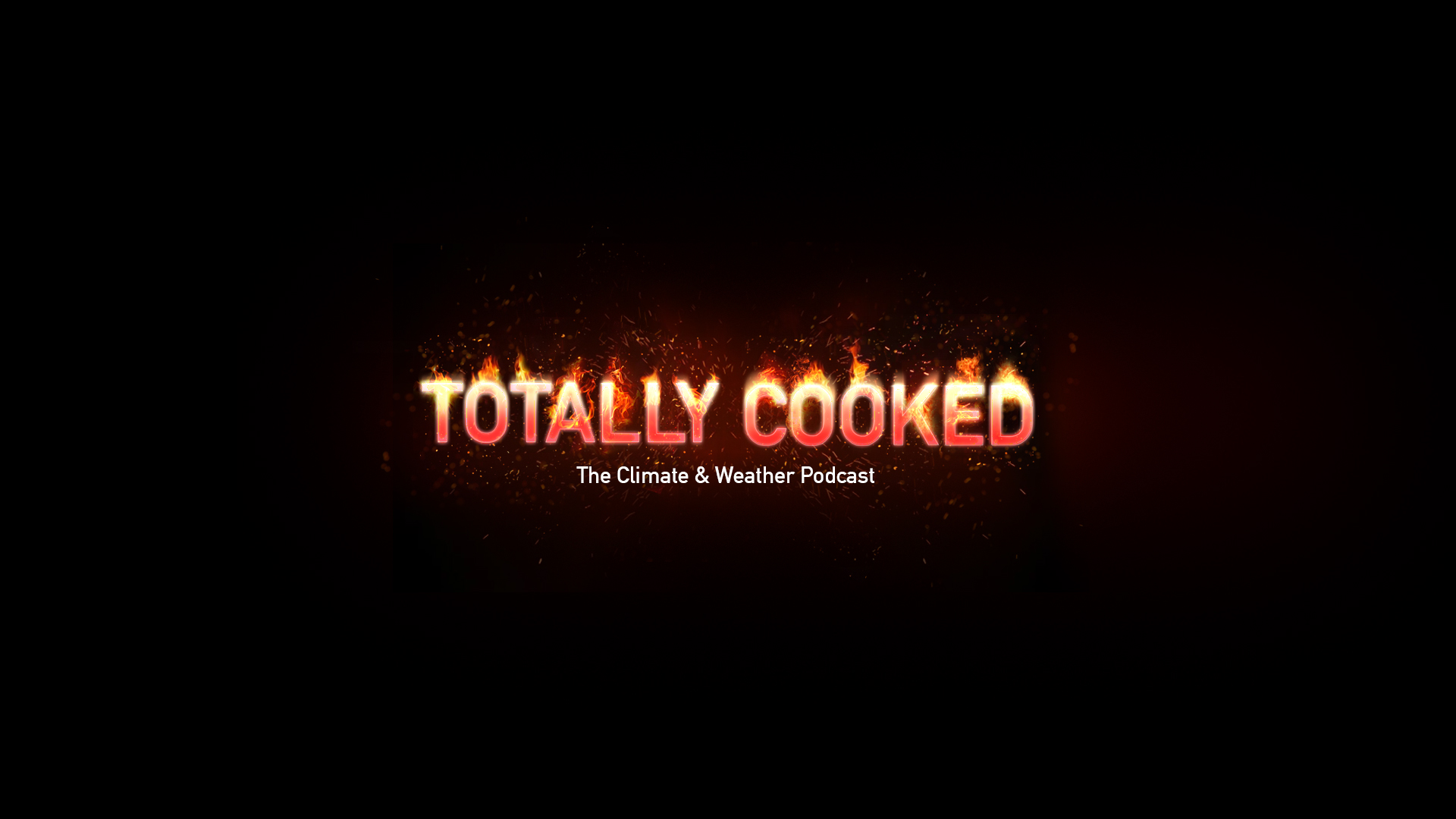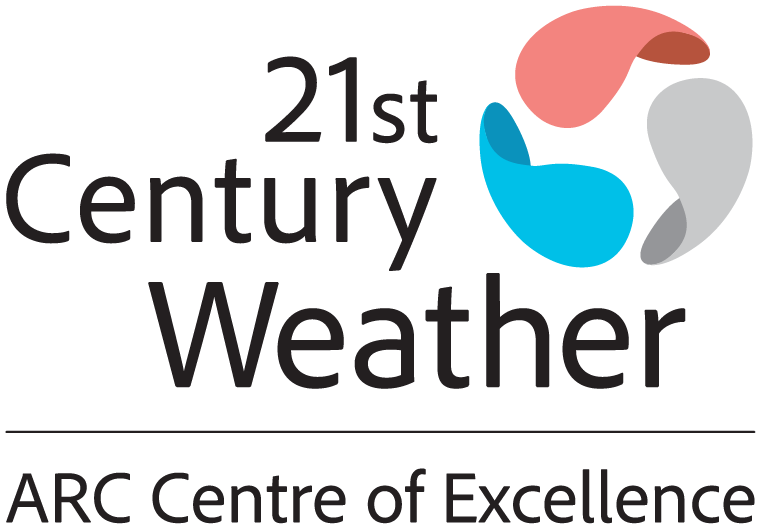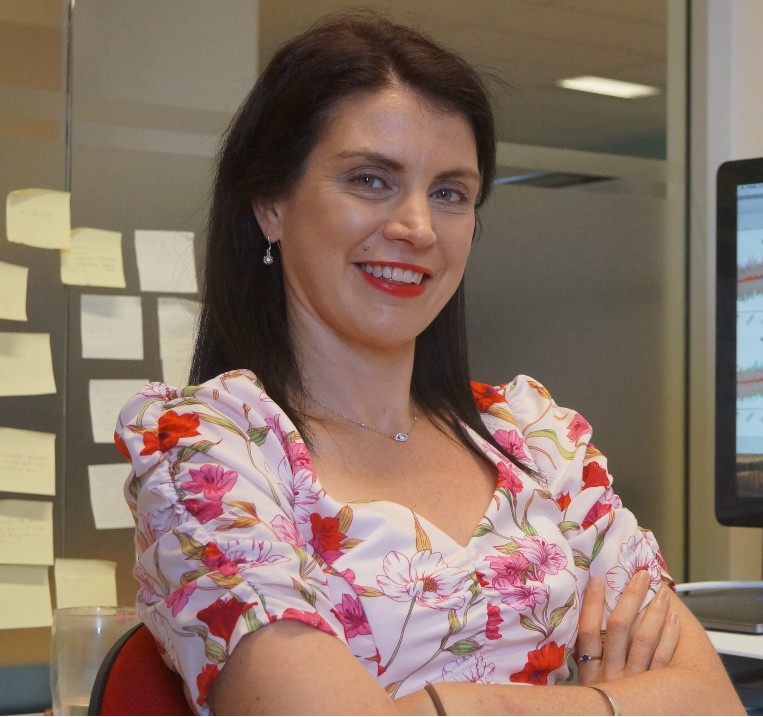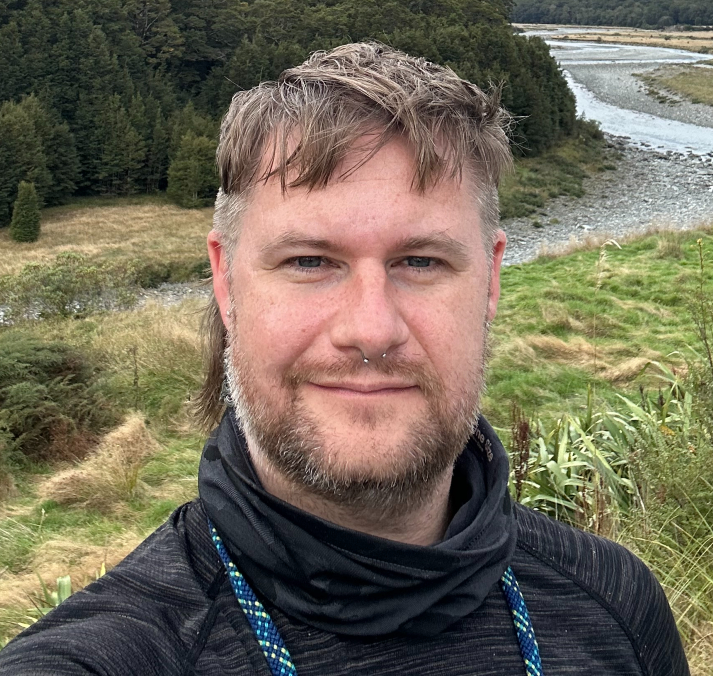
Totally Cooked: Episode 4 – Is climate change causing more droughts and fires?
In this fiery episode of Totally Cooked, hosts Sarah Perkins-Kirkpatrick, a Professor of Climate Science at the Australian National University, and Iain Strachan, a former journalist turned science communicator, dive headfirst into the scorching realities of droughts and fires.
Starting with Australia’s dry and hot backyard, they unpack the science behind droughts and fires, explore how climate change fuels these phenomena, and discuss their devastating impacts on health, ecosystems, and economies. From the rising frequency of extreme fire weather to the intricate relationships between drought, fire, and climate change, this episode is a deep dive into some of Australia’s most pressing climate challenges.
With surprising stats, real-world examples, and a touch of light-hearted banter, this episode is a must-listen for anyone looking to understand the fiery intersections of climate and weather.
Grab your water bottle – this episode is an absolute scorcher!
Show Notes
These are just some of the big topics we’ll be touching on in this episode of Totally Cooked.
- Drought and fire risk are linked but distinct: The episode explains that while drought can contribute to increased fire risk, the two phenomena are not the same. Drought is defined by prolonged lack of rainfall, while fire weather includes factors like heat, dryness, and wind.
- Climate change is making both droughts and fire weather worse: Global warming is intensifying drought conditions in some regions and increasing the frequency and severity of fire weather days, especially in southern Australia.
- Not all droughts are driven by heat alone: Some droughts stem from lack of rainfall regardless of temperature, and it’s possible to have hot conditions without a drought, or a drought without extreme heat.
- La Niña and El Niño cycles play a major role: The podcast discusses how Australia’s climate is strongly influenced by natural cycles like El Niño (often associated with droughts and fires) and La Niña (associated with wetter conditions and sometimes flooding).
- Droughts and fires are complex and region-specific: There’s no one-size-fits-all rule. While some places are seeing worsening droughts and fires, other regions may become wetter or experience different patterns due to shifting climate zones.
Subscribe Now
Follow the links below and subscribe to Totally Cooked via Spotify, itunes/Apple Podcasts, Amazon, iHeart Radio, Deezer, and RSS. Let’s tackle the climate crisis, together.
Episode Release Date: Friday 4 July, 2025
Episode References & Further Reading
Australia’s Changing Climate – State of the Climate 2022
http://www.bom.gov.au/state-of-the-climate/2022/australias-changing-climate.shtml
(Bureau of Meteorology)
Causes of the Widespread 2019–2020 Australian Bushfire Season
https://doi.org/10.1029/2020ef001671
(Earth’s Future)
CSIRO Launches New Tools to Help Australia Combat Drought
https://www.csiro.au/en/news/All/Articles/2024/June/combat-drought-Australia
(CSIRO)
Estimated Global Mortality Attributable to Smoke from Landscape Fires
https://doi.org/10.1289/ehp.1104422
(Environmental Health Perspectives)
Human and Climate Impacts on the 21st Century Hydrological Drought
https://doi.org/10.1016/j.jhydrol.2014.10.047
(Journal of Hydrology)
Lateral Bushfire Propagation Driven by the Interaction of Wind, Terrain and Fire
https://doi.org/10.36334/modsim.2011.a2.sharples
(MODSIM)
Nonlinear Country-Heterogeneous Impact of the Indian Ocean Dipole on Global Economies
https://doi.org/10.1038/s41467-024-48509-5
(Nature Communications)
Rapid Reduction in Ecosystem Productivity Caused by Flash Droughts
https://doi.org/10.5194/hess-24-5579-2020
(Hydrology and Earth System Sciences)
Regional Signatures of Future Fire Weather Over Eastern Australia from Global Climate Models
https://doi.org/10.1071/wf10070
(International Journal of Wildland Fire)
Spatio-Temporal Variability of Dryness and Wetness Based on SPEI and SWI
https://doi.org/10.1002/joc.7266
(International Journal of Climatology)
State of the Climate
https://www.csiro.au/en/research/environmental-impacts/climate-change/state-of-the-climate
(CSIRO)
The Impact of Smoke on Respiratory Hospital Outcomes During the 2002–2003 Bushfire Season
https://doi.org/10.1111/j.1440-1843.2008.01416.x
(Respirology)
This Is Not Normal: Bushfires and Climate Change
https://www.climatecouncil.org.au/not-normal-climate-change-bushfire-web/
(Climate Council)
Understanding Drought
http://www.bom.gov.au/climate/drought/knowledge-centre/understanding.shtml
(Bureau of Meteorology)
What Is a Compound Event in Weather and Climate?
https://climateextremes.org.au/what-is-a-compound-event-in-weather-and-climate
(Centre of Excellence for Climate Extremes)
Why listen to Totally Cooked?
Because it’s time to feel empowered, not overwhelmed. Totally Cooked is a science-backed, straight-talking podcast about weather, climate change, and what it all means for life on Earth – especially here in Australia.
Hosted by climate scientist Sarah Perkins-Kirkpatrick and science communicator Iain Strachan, Totally Cooked breaks down how human activity is changing the Earth’s systems—from our skies to our seas—and what we can do about it.
From greenhouse gases to fire weather, supercomputers to Antarctic ice cores, this is climate science without the jargon, and where no subject is too complex or controversial.
Totally Cooked is for anyone who wants to understand the science of climate change—without needing a PhD. Whether you’re a high school student, policy maker, journalist, teacher, concerned citizen or just a little climate-curious, this podcast will give you the tools to think clearly and act confidently.
- Cut through the noise with clear, honest science.
- Understand the why behind climate change;
- Learn how climate change impacts real-world weather;
- Hear from the best researchers and scientists in their field and from around the world;
Stay in touch
We want to build a community of climate and weather nerds.
If can’t get enough of Totally Cooked, join our mailing list to receive episode alerts, show notes, information about our guests and behind the scenes content.
You can also suggest a guest or topic by emailing totallycooked@21centuryweather.org.au.
Meet the team
Sarah Perkins-Kirkpatrick
CO-HOST
A Professor of Climate Science at the Australian National University, Sarah is an expert on extreme heat and a leading voice in Australian climate research and science communication.
Iain Strachan
CO-HOST / PRODUCER
Iain is a former journalist turned science communicator with a passion for telling big, complicated stories in clear, human ways.









